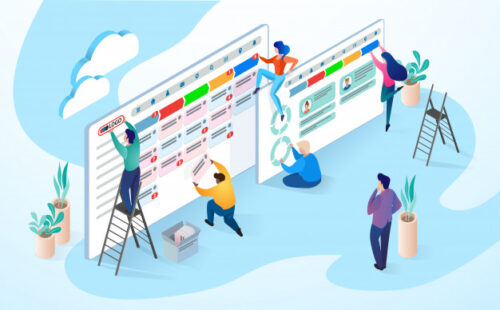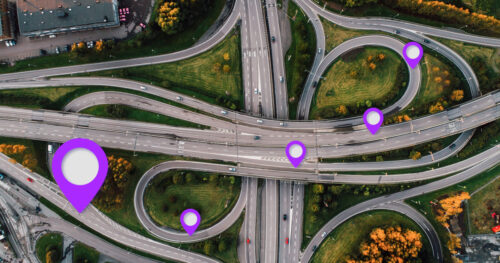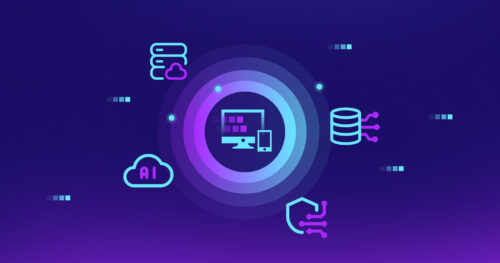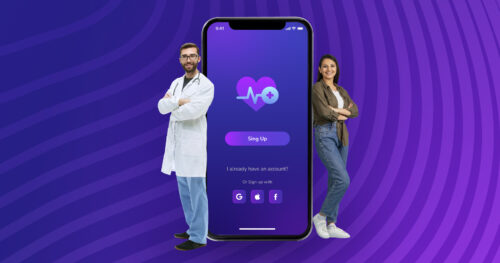Java is considered to be one of most frequently and widely used programming languages. As of October 2022, it held third place in the TIOBE Index and was included in the top 5 of the IEEE Spectrum. Though it’s been around for a long time, the language is still in demand. The DigitalMara team, experts in Java development, recently analyzed the market to collect a list of the most relevant use cases in terms of technical solutions and industries.
So, why do developers and businesses so often choose this programming language for developing and implementing their projects? We highlighted some major benefits of Java:

- “Write once, run anywhere.” Java is portable, meaning one can write or extend code once and deploy it whenever necessary. Java code works in various environments.
- Open source reduces the risk that the code owner stops supporting it. It makes it easier to debug complex systems, to extend existing systems and to maintain them.
- Java enables the building of high-load systems thanks to its multithreading feature. Such systems can make a large number of computations and process a lot of data requests simultaneously.
- Efficient combination with other programming languages in one app. Java can be seamlessly used with Scala, Kotlin, Groovy and Clojure.
The Java community is one of the oldest and largest development communities, with over 9 million developers. This year it celebrates its 27th anniversary and still can’t be considered an obsolete programming language. According to the PYPL Index by GitHub, which analyzes how many times language tutorials are searched on Google, Java came in second place in October 2022. This active community shares its knowledge, solves common problems on an ongoing basis, and in general helps the language evolve continuously.
Java still meets industry demands and global technology trends, such as cloud computing, AI, Big Data and omnichannel solutions. It can be used to develop modern software solutions from scratch and to modernize legacy systems. SOA, microservices, API development or rapid prototyping using a monolithic approach— all of that can be done using this language.

Top industries that use Java
Java is applicable in almost every industry due to its versatility and stability. One can build solutions customized for specific business needs, from simple apps to large-scale enterprise software. It reveals the full potential of cloud computing and cross-platform development.
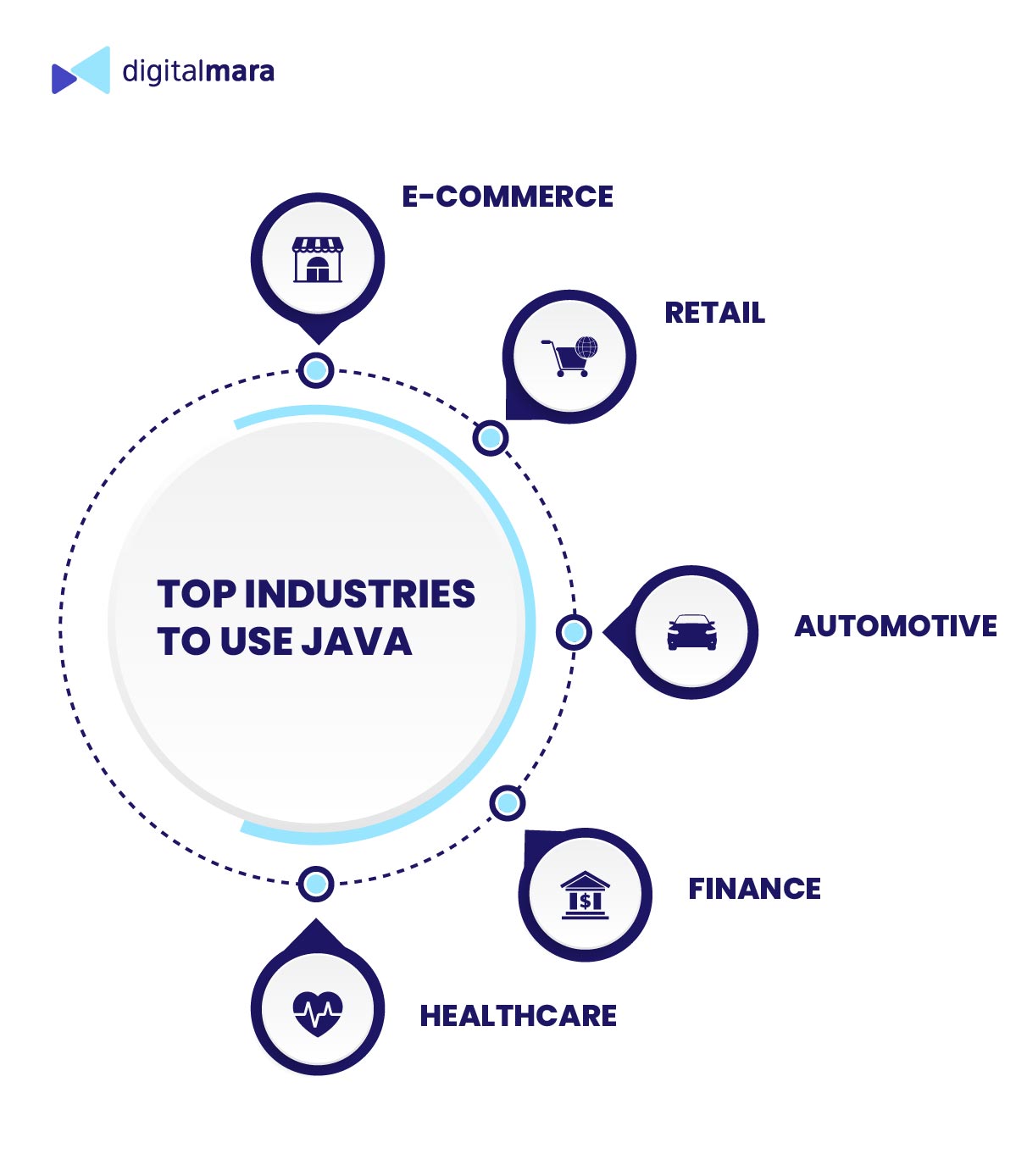
Today, businesses need robust software solutions for planning and allocating resources, day-to-day operations and integration of departments for more efficient workflow. Java cloud-based ERP systems enhance security and handle operations and data more precisely and fit the needs of a large number of industries, such as manufacturing, insurance, education, healthcare, e-commerce, real estate, finance, communication, energy, and so on.
- Healthcare
Using Java, it’s possible to create healthcare diagnostic and management systems, BI solutions, and applications for wearable and embedded devices. Developed software solves problems with document flow, invoicing, tracking the dynamics of a disease, patient management, and so on. Another aspect of software development in the healthcare industry is mHealth apps, for example apps devoted to lifestyle management and fitness, nutrition, diet, women’s health, online medical consultation, disease management and more.
Examples of healthcare solutions: CVS Health, Samsung Healthcare, Cardinal Health
- Finance
Java is applicable to the finance industry, including banking, capital markets and insurance, providing responsive, secure and resilient solutions. It is widely used for building various finance-related software, such as server-side applications, which empower quick and consistent trade of data between the client and the server, writing settlement and confirmation systems, data processing, and so on. Fraud-detection mechanisms can be provided by a combination of Java-based pattern matching, natural language processing, machine learning, and big data queries. In particular, Java can be used to develop exchanging platforms, digital finance solutions, repayment and collection frameworks, information handling frameworks, data management and client management dashboards, embedded telematics solutions, and more.
Financial institutions using Java: Citigroup, JPMorgan Chase Bank, Revolut
- Automotive
Java empowers automotive system development, driving many features of modern cars such as embedded controllers, in-vehicle software and cloud services. Car manufacturers strive to improve safety and control, as well as entertainment and other digital experiences, for drivers and passengers. A large data exchange network is created between the car and the cloud, roadside equipment and mobile devices. At the same time, there is a need to handle and store data coming from car peripherals and various sensors.
Automotive companies using Java: Toyota, Mazda, Titan, Mercedes
- E-commerce
Java is widespread in e-commerce development. It makes it possible to create highly reliable and productive e-commerce platforms with a user-friendly interface, along with the possibility of third-party integrations. Using Java ensures high speed, eliminates hangs, user timeouts and other crashes, and provides a consistent user experience across multiple channels. A Java-developed e-commerce platform is capable of handling higher order quantities and processing real-time data for better decision-making.
E-commerce systems using Java: Rakuten, eBay, Amazon
- Retail
Retailers can deploy a wide variety of software in their day-to-day operations, such as warehouse and inventory management systems, transportation management, merchandising applications and point of sales systems. Java is applicable to all these cases. And don’t forget about engaging and eye-catching websites and web apps. Also, Java can empower the retail sector in combination with AI and computer vision. Automated payments, customer data management, in-store advertising, personalized service and shelf management can change the customer in-store experience.
Retailers using Java: Target Corporation, Costco Wholesale
Conclusion
After all these years, Java has kept its high position among the most popular programming languages. It is still a technology preferred by many companies and developers and is applicable to a wide range of enterprises, mobile and web businesses. This programming language takes up a huge share overall of large-scale solutions development, but that doesn’t mean it isn’t well-used by startups. Startups can rely on Java because of its stable and reliable performance, the massive number of big data and data analytics tools available, and embedded support for Android mobile development. Some well-known examples of startups built with Java are SmartThings, H2O.ai, Grammarly and BlaBlaCar.
DigitalMara has vast experience in Java development. We can build a robust and user-friendly web app and develop API for your business needs using the latest approaches, such as REST API, GraphQL API, and gRPC. We develop scalable and reliable cloud-based solutions and can help with migrating your legacy code system to a modern Java stack.
Just write to us to get your free quote.






